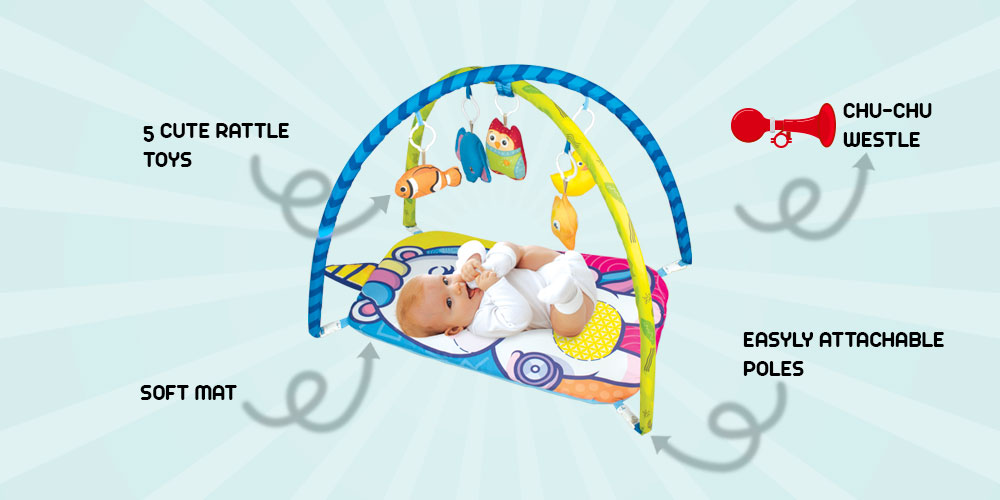
What is the impact and importance of toys in children’s development?
Toy can play an important role in children’s development by providing opportunities for children to learn, grow, and have fun. Here are some ways in which toys can impact and support children’s development: “toys for kids”:
- Cognitive development: Toys can help children develop important cognitive skills, such as problem-solving, critical thinking, and spatial awareness. For example, puzzles and construction toys can help children develop their problem-solving skills, while dolls and figurines can encourage imaginative play and storytelling.
- Physical development: Toys that encourage physical activity, such as balls, tricycles, and jump ropes, can help children develop their gross motor skills and coordination.
- Social and emotional development: Toys can also support children’s social and emotional development. For example, dolls and action figures can help children learn about caring for others and practice their communication skills.
- Language development: Toys that involve talking or singing, such as dolls with recorded phrases or musical instruments, can help children learn new words and develop their communication skills.
Overall, the right toys can support children’s development in a number of ways and provide them with hours of enjoyment.
What is the impact of toys in our life?
Toys can have a variety of impacts on our lives, depending on how we use them and what role they play in our development. Some of the potential impacts of toys include:
- Providing a source of entertainment and enjoyment: Toys can be a fun and engaging way to pass the time, helping to reduce stress and improve mood.
- Promoting physical and cognitive development: These types of toys can help children (and adults) develop important skills such as fine motor control, problem-solving, and critical thinking.
- Encouraging social interaction: Toys can be a great way for children (and adults) to interact with others, whether it be through playing together or sharing toys. This can help to develop social skills and build relationships.
- Providing a sense of comfort: For some people, certain toys or stuffed animals may have sentimental value and provide a sense of comfort or security.
Overall, toys can be an important part of our lives and can have a positive impact in a number of ways.
What type of toy is best for toddlers?
There are many different types of toys that are suitable for toddlers, and the best choice will depend on the individual child’s interests and developmental stage. Some general categories of toys that are often popular with toddlers include: “buy toys for kids”:
- Building toys: These can include blocks, Mega Bloks, and other types of construction toys that allow children to create structures and develop fine motor skills.
- Dolls and stuffed animals: These toys can be great for encouraging imaginative play and helping children learn about caring for others.
- Puzzles: Simple puzzles with large, chunky pieces can be a great way for toddlers to develop problem-solving skills and hand-eye coordination.
- Music and movement toys: Toddlers often enjoy toys that make noise or allow them to move around, such as drums, tambourines, or ride-on toys.
- Art and craft supplies: Simple art supplies such as crayons, washable markers, and Play-Doh can provide opportunities for creativity and self-expression.
It’s also a good idea to choose toys that are age-appropriate and meet safety standards. It’s important to supervise toddlers while they play and to regularly check toys for any damage or potential hazards.
What is an educational/stationary toy?
Educational toy:
There are many different types of educational toys, including toys that teach through play, such as puzzles or board games, and more structured learning tools, such as flashcards or educational software. Educational toys can be suitable for children of all ages, from infants and toddlers to school-aged children.
Stationary toy:
Examples of stationary toys include board games, puzzles, arts and crafts sets, and electronic learning systems.
Stationary toys can be suitable for children of all ages, depending on the specific toy and the child’s interests and developmental stage. They can be a great way to keep children entertained and engaged while also helping them to learn and develop important skills.


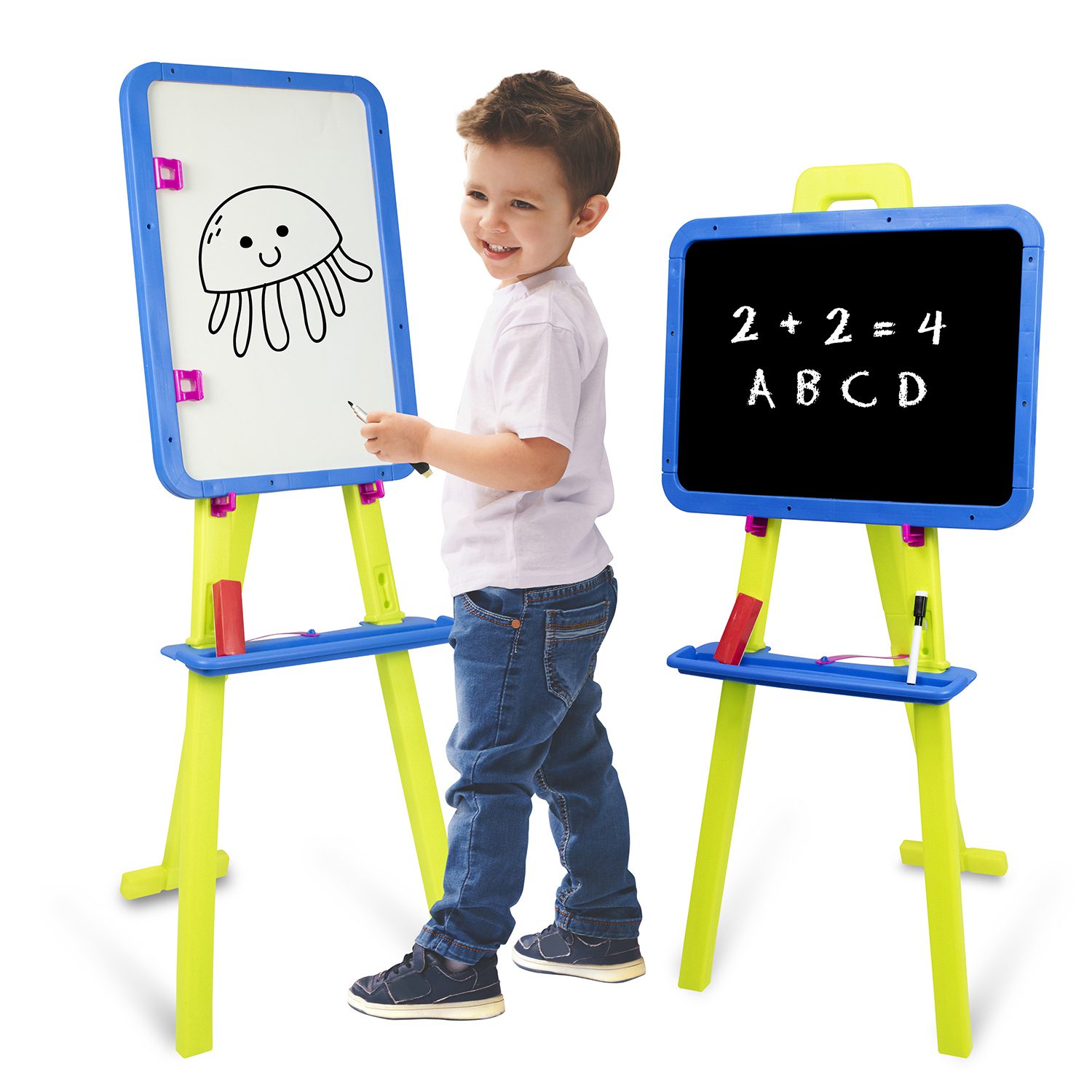
What are role-play toys?
Role-play toys are toys that allow children to pretend and act out different roles or scenarios.
Examples of role-play toys include dolls and dollhouses, play kitchens and food sets, dress-up clothes and accessories, and toy vehicles and playsets. Children can use these toys to act out different roles, such as a parent cooking dinner in a play kitchen or a doctor examining a patient with a toy doctor’s kit.
Role-play toys can be suitable for children of all ages, but they are often particularly popular with younger children who are still developing their imagination and social skills. Playing with role-play toys can help children learn about the world around them and develop important skills such as communication, collaboration, and problem-solving.
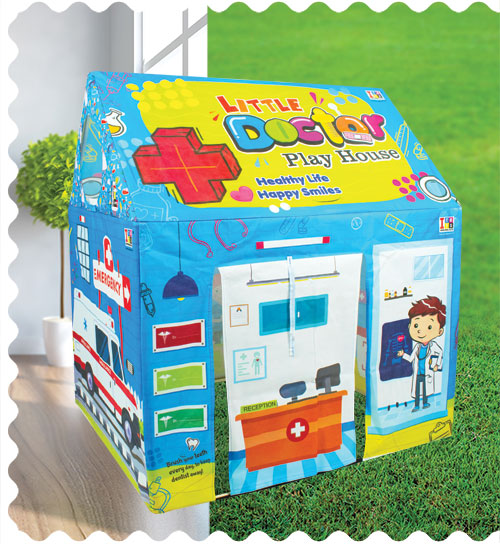
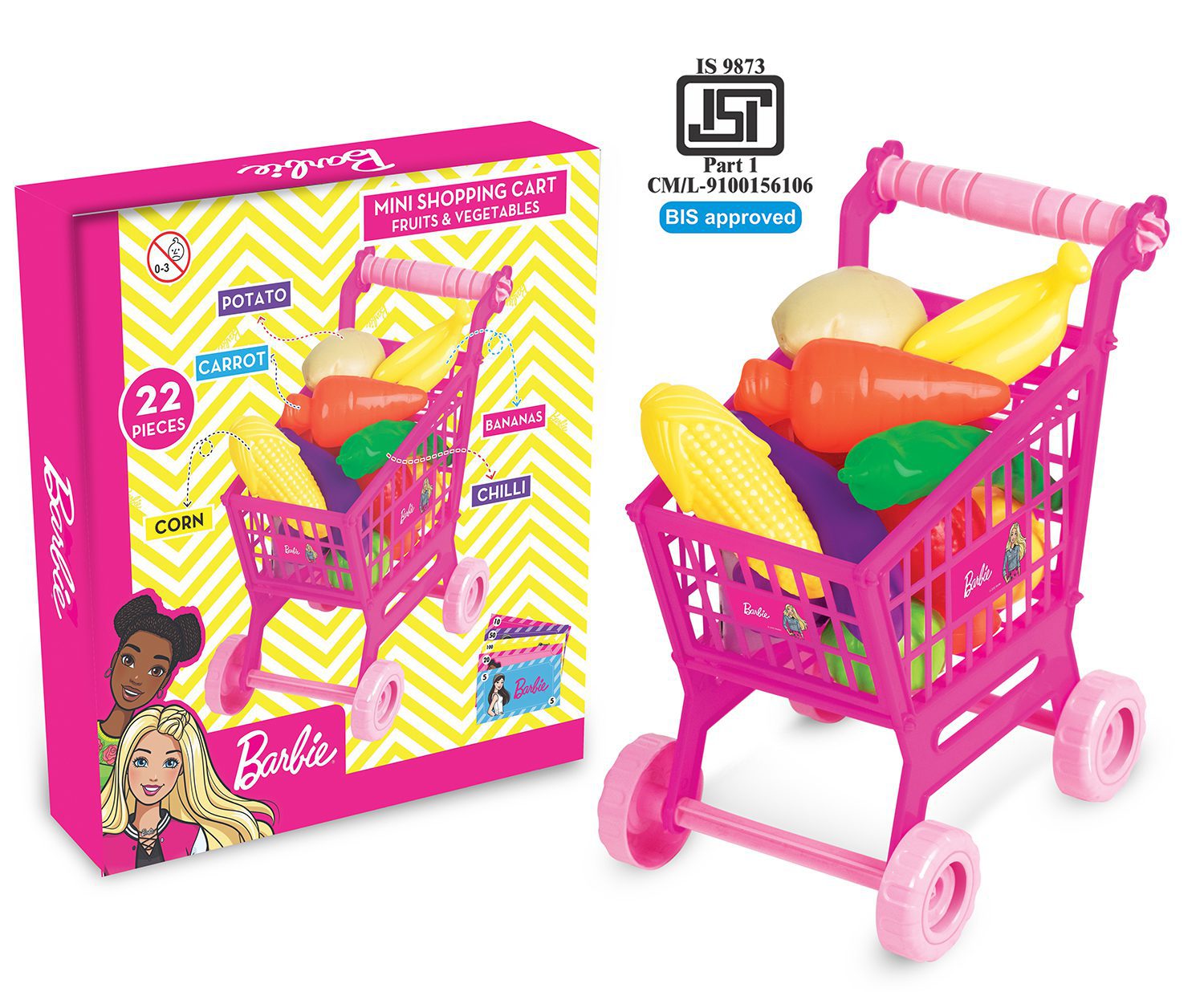
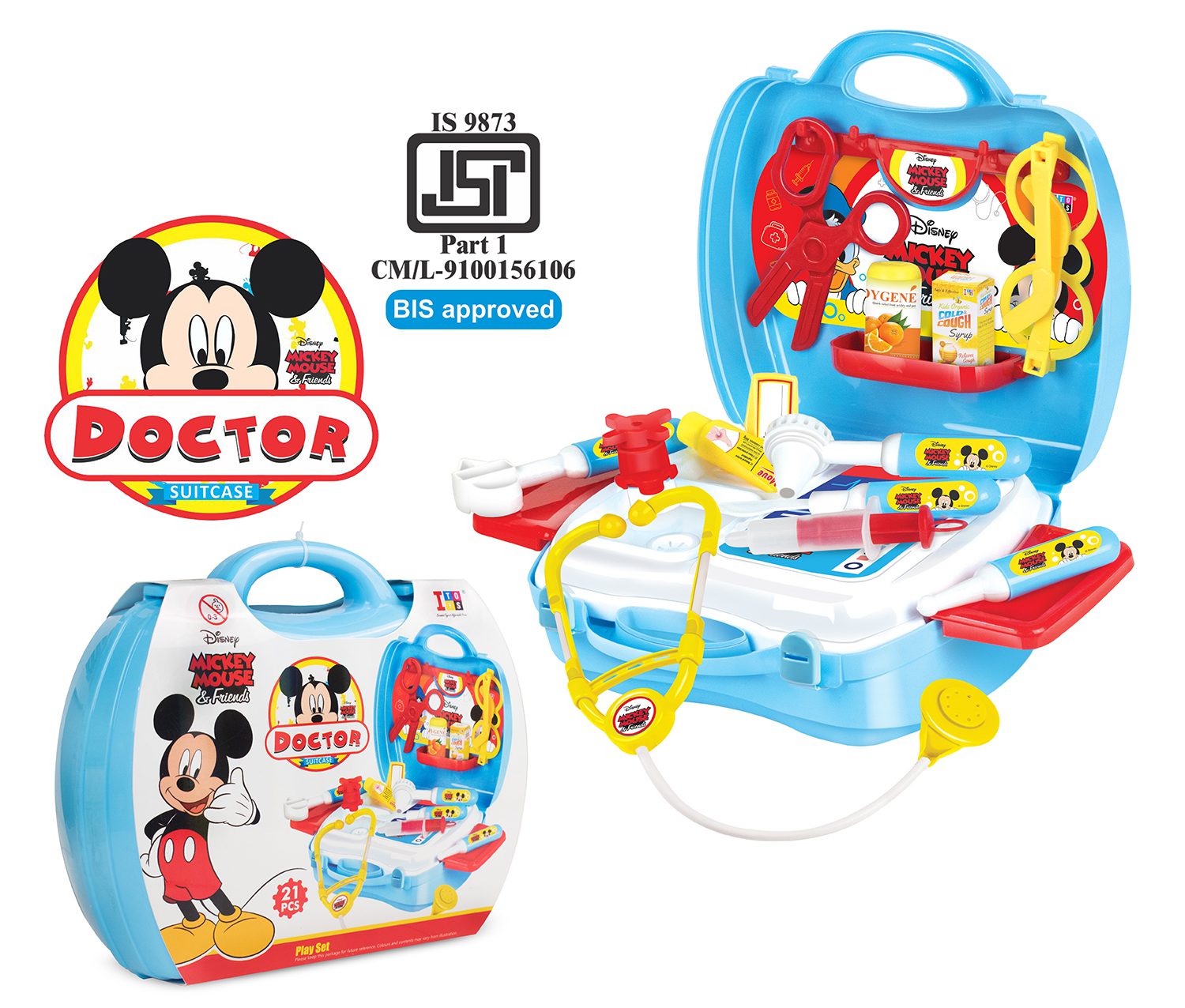
What are sports toys?
Examples of sports toys include balls of various sizes and types (such as soccer balls, basketballs, and tennis balls), rackets or bats for sports like tennis or baseball, and play sets or equipment for activities such as golf or skateboarding.
Sports toys can be suitable for children of all ages, depending on the specific toy and the child’s interests and abilities. Playing with sports toys can be a fun and enjoyable way for children to stay active and healthy, and can also help them develop important physical skills.
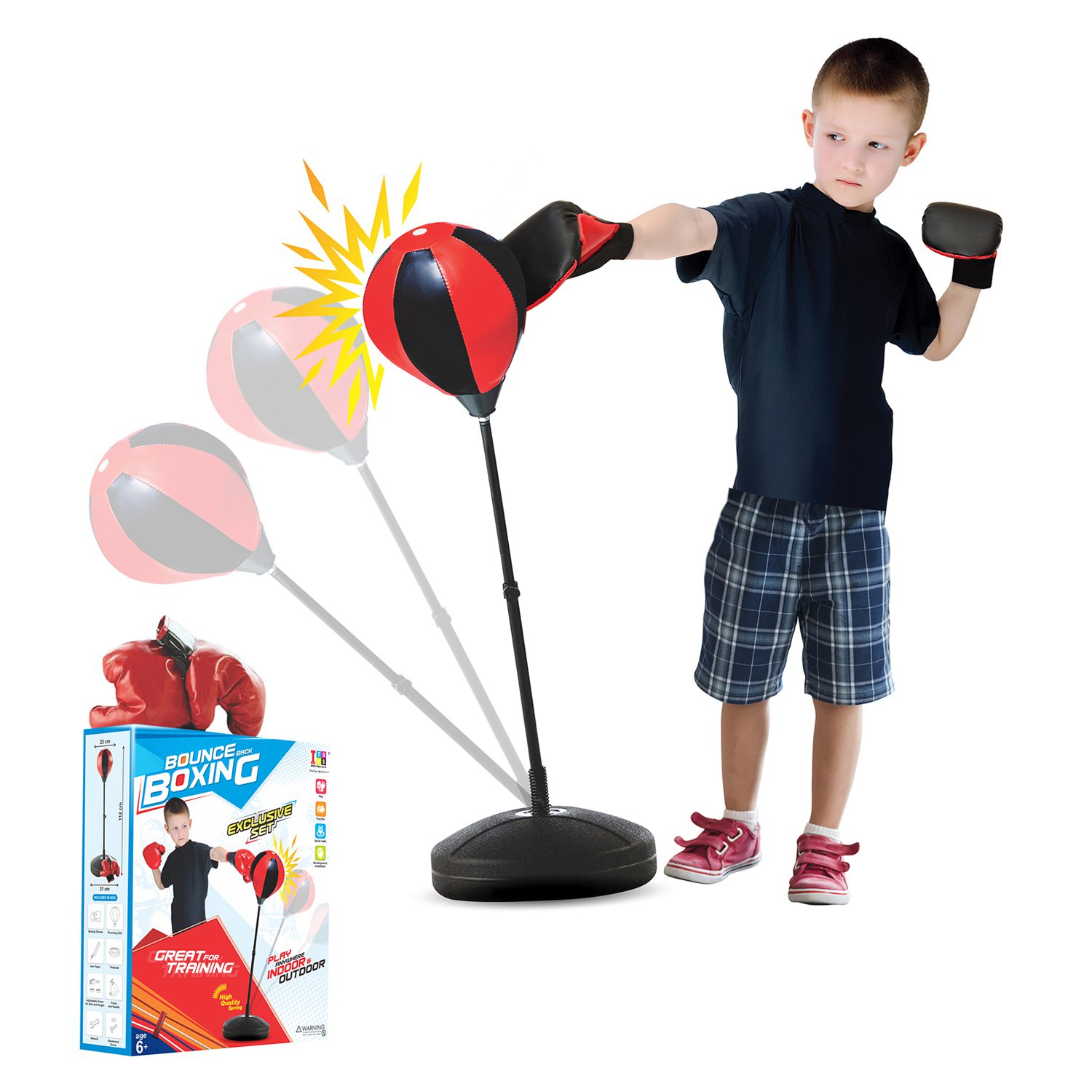

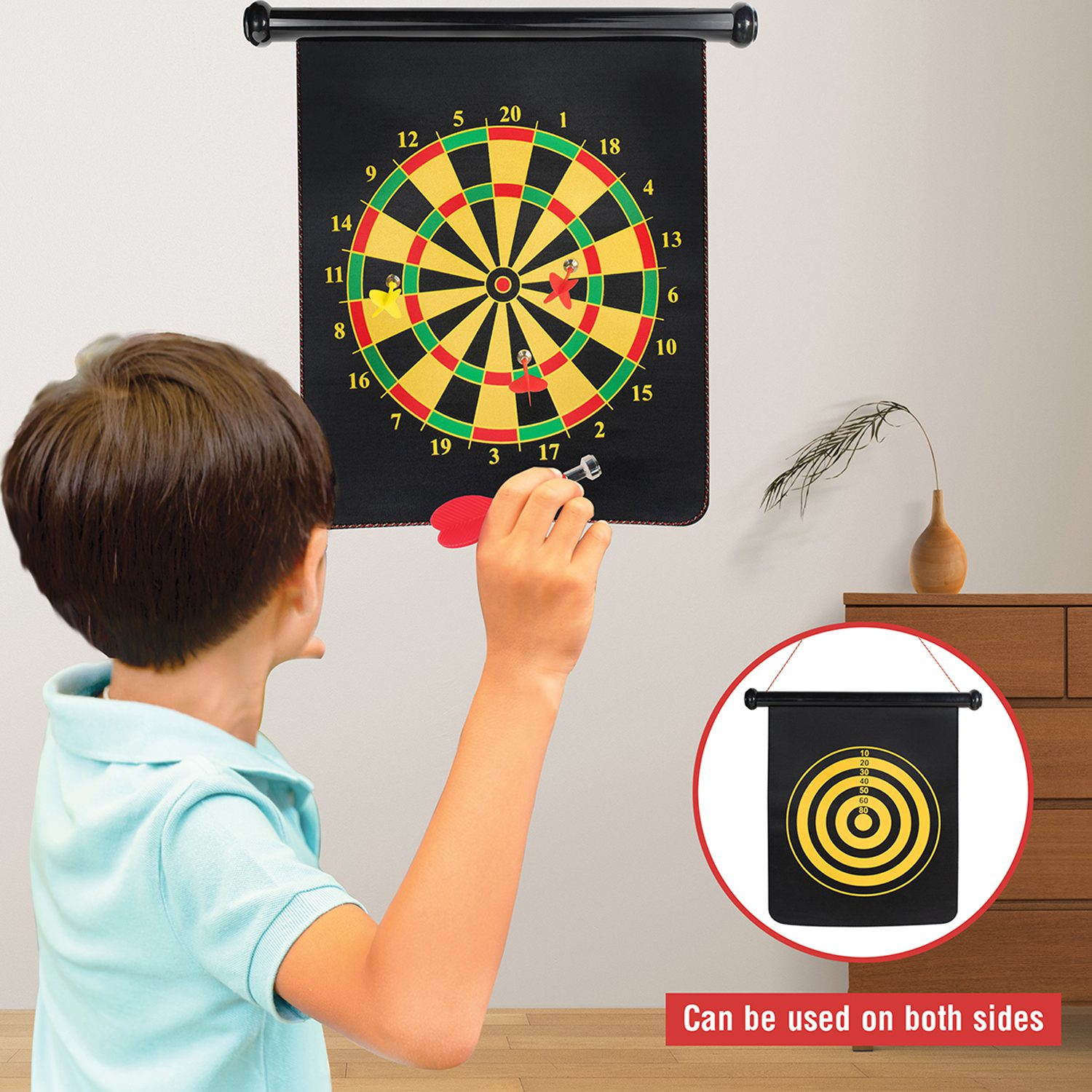
What are baby toys?
They are typically smaller in size and made with softer materials to be safe for a baby’s delicate skin and developing senses. Examples of baby toys include soft toys, rattles, teething toys, and activity centers.
It is important to choose age-appropriate toys for babies, as they may put toys in their mouths and could potentially choke on small or unsafe objects.
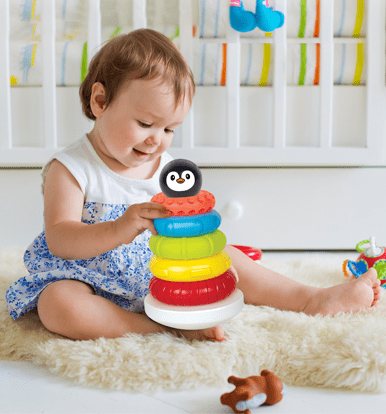
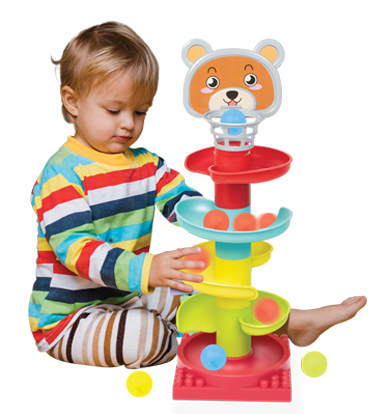
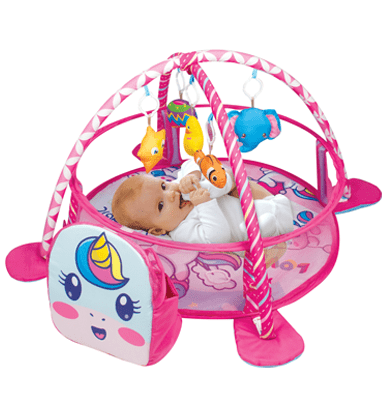
What are wooden toys?
Wooden toys have a number of benefits. They are also generally safer than toys made of some other materials, as they do not contain chemicals or small parts that could be a choking hazard.
Some examples of wooden toys include building blocks, puzzle toys, pull toys, and shape sorters. Wooden toys can be suitable for children of all ages, depending on the specific toy and the child’s interests and abilities. They can be a great way to encourage children to use their imagination and creativity and to develop important skills such as problem-solving and fine motor control.
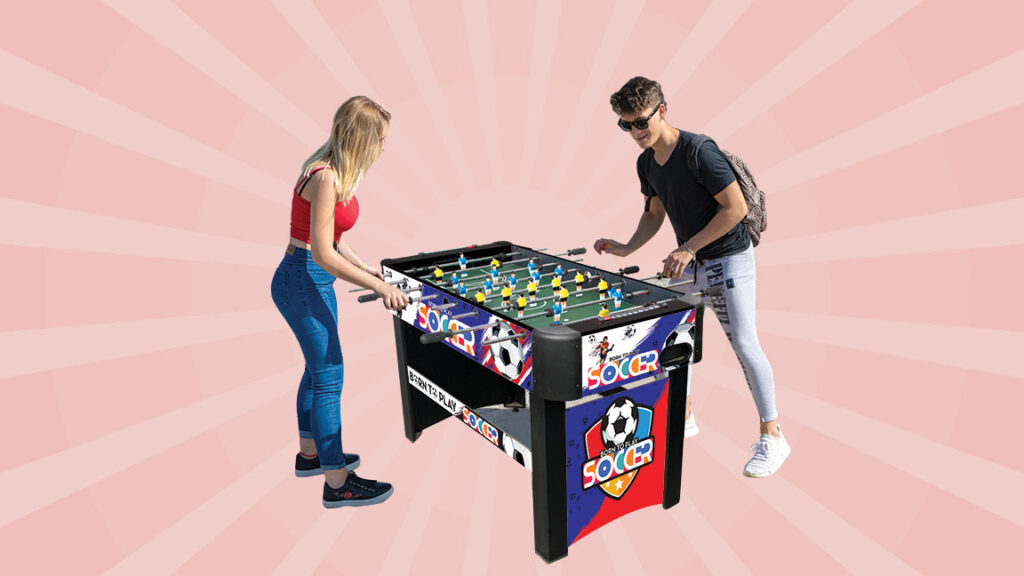
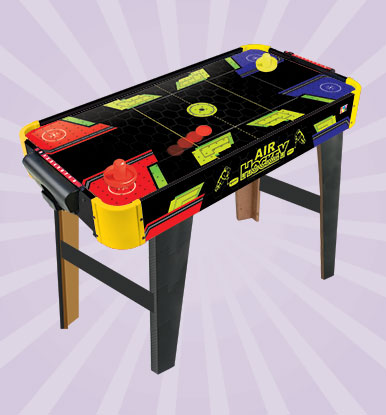

ITOYS products are available in top online and offline retail stores. If you are an individual buyer go through that. For business inquiries and bulk orders, go to the below buttons:
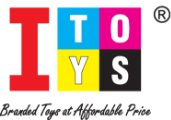

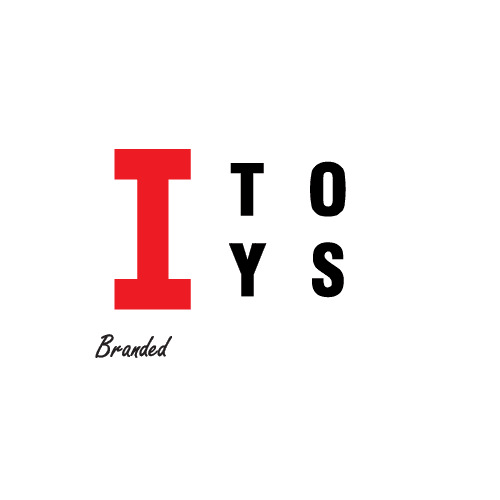
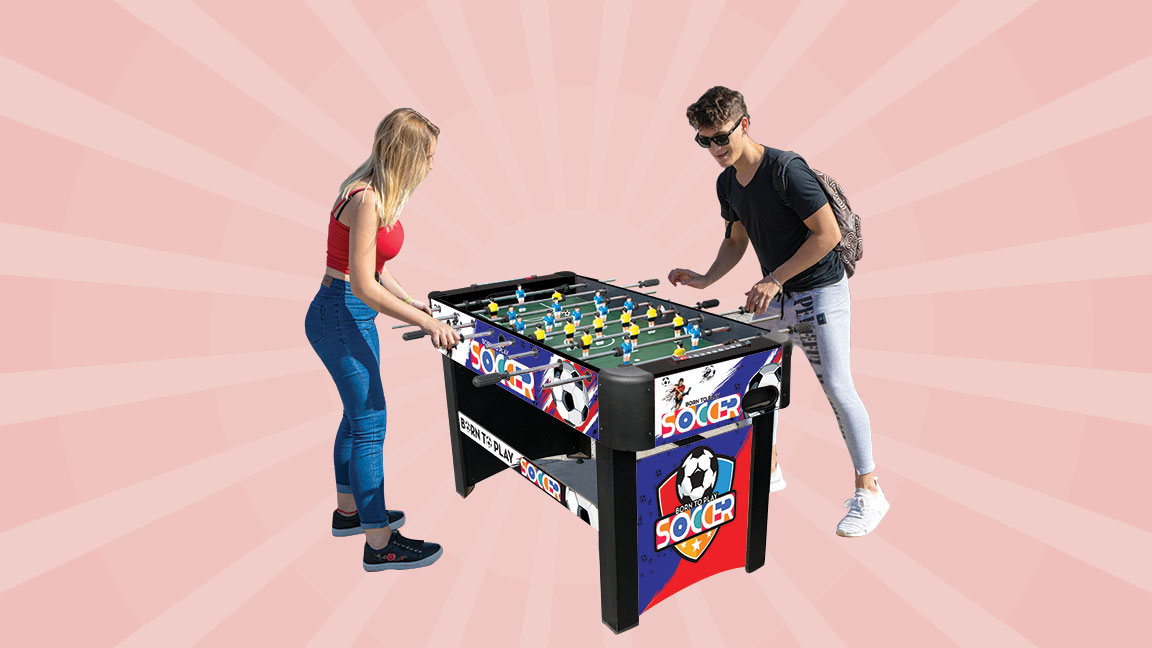
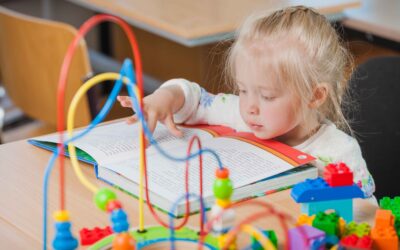
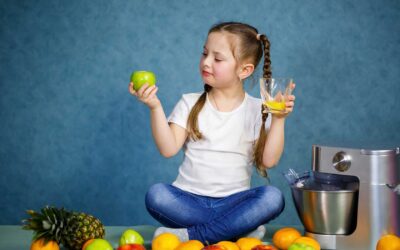
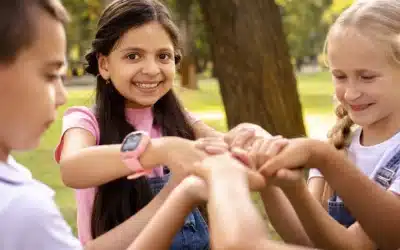
0 Comments